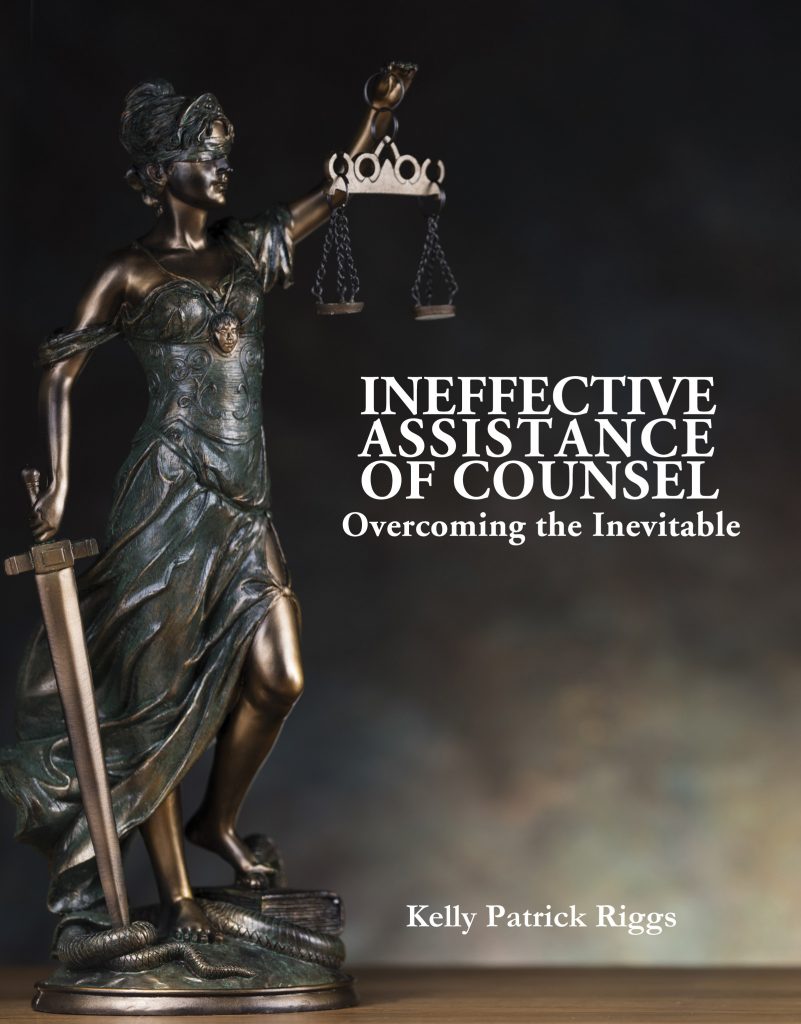Criminal Justice Reform Must be Reformed to Be Effective
Is criminal justice reform just another hot topic in today’s popular political circles? If America only knew the truth. Beginning in the late sixties a number of political candidates based their campaigns on the need for tougher criminal laws. What was really needed however, was the equal protection of the criminal laws already enacted. And conscientious lawyers that diligently defended criminal defendants by enforcing the laws in America. History shows that ever since the right to counsel was established in 1963, it was not equally applied to people of color. Thus, even though minorities accused of crimes were guaranteed the appointment of counsel, they were not guaranteed that the appointed lawyer (court appointed counsel) would actually defend them. It wasn’t until 1984 that the Supreme Court determined that the constitution required the effective assistance of counsel. In the decades that followed, the courts around the country have revealed that the greatest problem with the American Criminal Justice system is the ineffective assistance of counsel.
Although ineffective assistance of counsel is a widespread problem that plagues the American Criminal Justice System, it has until recently been ignored by the courts and the government. The problem has gone unaddressed for decades because our elected and appointed officials, those we trust to manage our courts and our government, are almost all lawyers themselves. This is a simple case of the foxes guarding the hen house. Lawyers who practice in the criminal justice system do not point out, to their clients, acts of ineffectiveness. As a result, ineffective assistance of counsel has gone largely undefined until 2019.
In the last decade a demand for justice and equality began in American prisons. Once inmates discovered that they could not depend on the lawyers that were appointed to them, they began a widespread study of law. This movement has produced lawyers like Brandon Sample, a former federal prisoner; professors like Shon Hopwood, a former federal prisoner; and author/activist Kelly Patrick Riggs, currently incarcerated.
Most prison advocates are self-taught, but yet instrumental in the fight for criminal justice reform. Many are persecuted and tormented by prison staff. Some are subjected to the harsh segregation of the Special Housing Unit (SHU) because of their drive to fight injustice.

Those prison advocates who drive forward against all opposition are often encouraged by seeing the fruits of their labor. In 2019, Mr. Riggs was witness to The Supreme Court’s invalidation of the federal gun law’s residual clause. He had fought for over one hundred fellow inmates, several of which made it all the way to the Supreme Court of the United States, seeking review. When the Supreme Court gave its ruling in United States v. Davis et.al., Mr. Riggs still had 16 cases pending. Most of which were premised on the ineffective assistance of counsel.
Mr. Riggs realized the widespread problem of ineffective assistance of counsel during his seven-year study of the phenomenon. And in January of 2019 the CEO of Freebird Publishers asked him to consider publishing what he had learned in a layman’s guide to identifying what is and what is not ineffective assistance of counsel. Almost a year later Freebird Publishers makes available nationwide “Ineffective Assistance of Counsel: Overcoming the Inevitable”. This book is now available to the public and within it Mr. Riggs defines, for what he believes to be the first time, what ineffective assistance of counsel is.
For more information about how to overcome the effects of ineffective assistance of counsel in a criminal case visit: www.freebirdpublishers.com.
